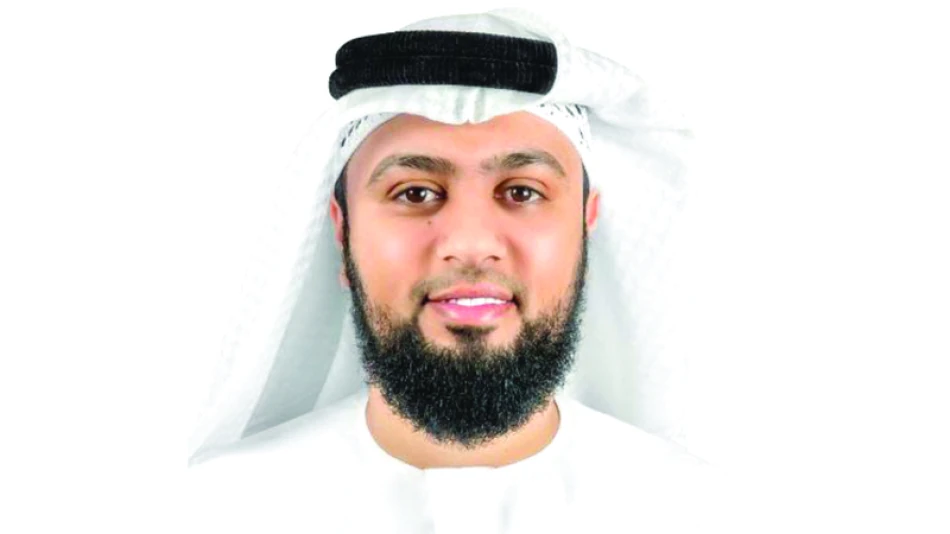
Unfounded Allegations of Parental Neglect and Abuse Fuel Custody Battles
Dubai's custody committee has uncovered a disturbing trend where parents coach their children to make false accusations against former spouses during custody battles. These fabricated claims sometimes include serious allegations of abuse or violence, forcing courts to develop new ways to protect children caught in the middle of bitter divorces.
Ahmed Abdel Karim, who heads Dubai's custody committee and family guidance department, says children are being taught to repeat phrases like "mom doesn't love us," "dad is violent or touches us inappropriately," or "we don't want to see dad or mom." The committee's trained members can usually spot when children have been coached by looking at how natural and spontaneous their responses are.
In one extreme case, a mother took her children to a psychiatrist and coached them to claim their father had sexually abused them. When the committee investigated, the mother's story kept changing. She first said she hadn't seen anything but her daughter had told her about it. Then she claimed the father was violent. Finally, she said her daughter was just imagining things and she wasn't responsible for what the child said.
But when a social worker sat down with the couple's young son and made him feel comfortable, a different picture emerged. The boy said he loved his father and wanted to see him, but then hesitated and said "mom might get angry." The investigation revealed a devoted father who spent generously on his children, attended school events, and waited in the sun just to catch glimpses of them. The committee recommended removing custody from the mother - the first time Dubai courts had taken such action in a case involving false abuse allegations.
The custody committee was established in mid-2022 and acts as the court's eyes and ears. The seven-member team includes police officers specializing in children's rights, community development specialists, health authority members, and court officials. They conduct home visits, school interviews, and background checks that judges previously couldn't perform due to time constraints.
In another case, children kept repeating identical phrases against their father: "You hit us," "We don't love you," "We're scared of you." The unnatural similarity of their responses revealed coaching. The committee documented this as evidence against the mother and included it in their court report.
The committee's work fills a crucial gap in Dubai's family court system. Before its creation, judges had to make custody decisions without the resources to investigate claims thoroughly or visit children's homes. Now the committee conducts field investigations, psychological evaluations, and criminal background checks, with courts accepting 98% of their recommendations.
These cases highlight how custody disputes can damage children when parents prioritize revenge over their kids' wellbeing. The committee's ability to distinguish between genuine concerns and manufactured accusations helps protect both children and falsely accused parents. For Dubai's family court system, it represents a shift toward evidence-based custody decisions that put children's interests first.
Most Viewed News

 Sara Khaled
Sara Khaled






